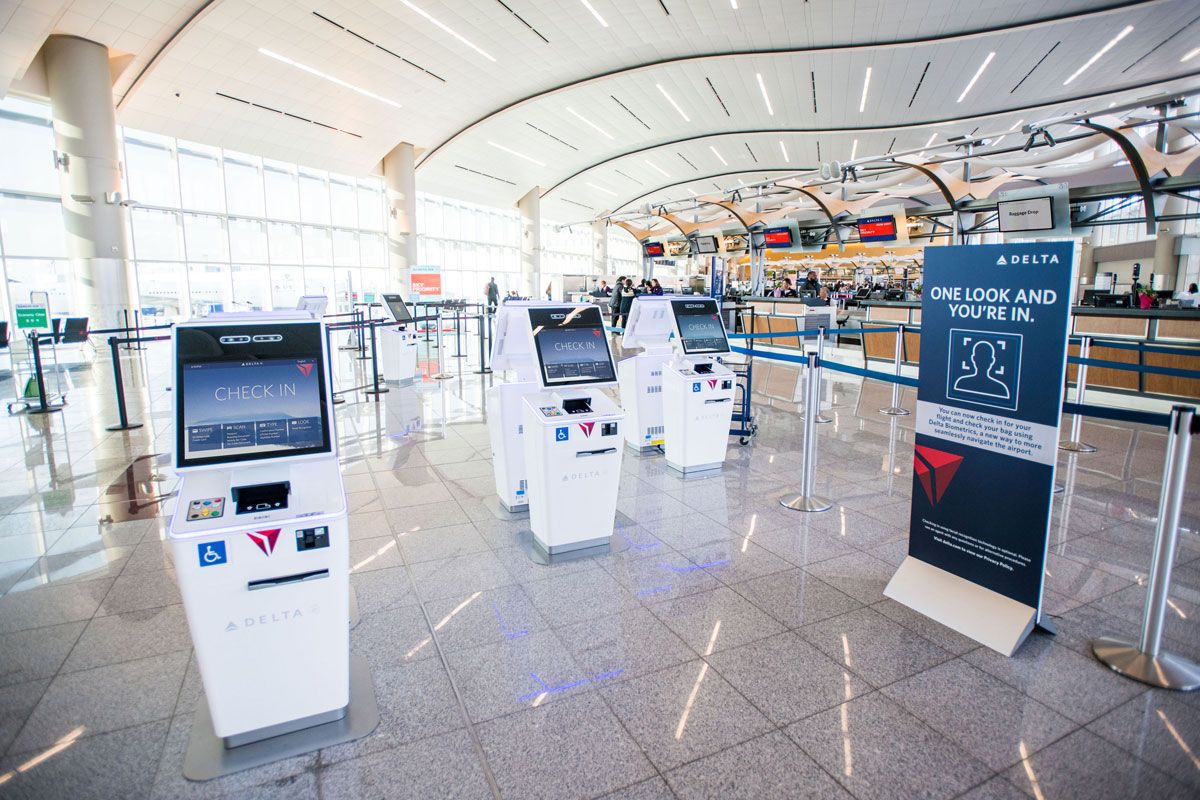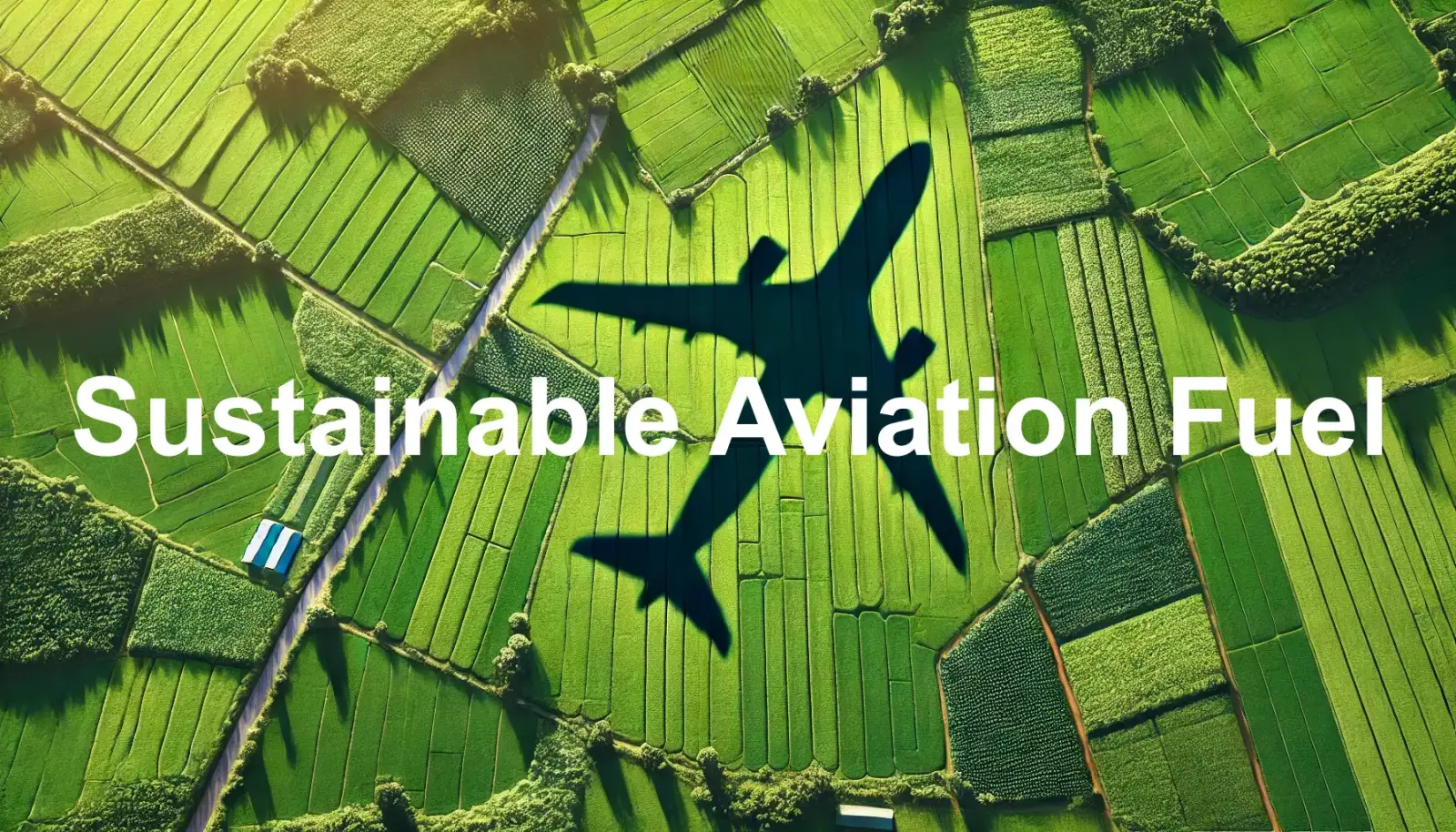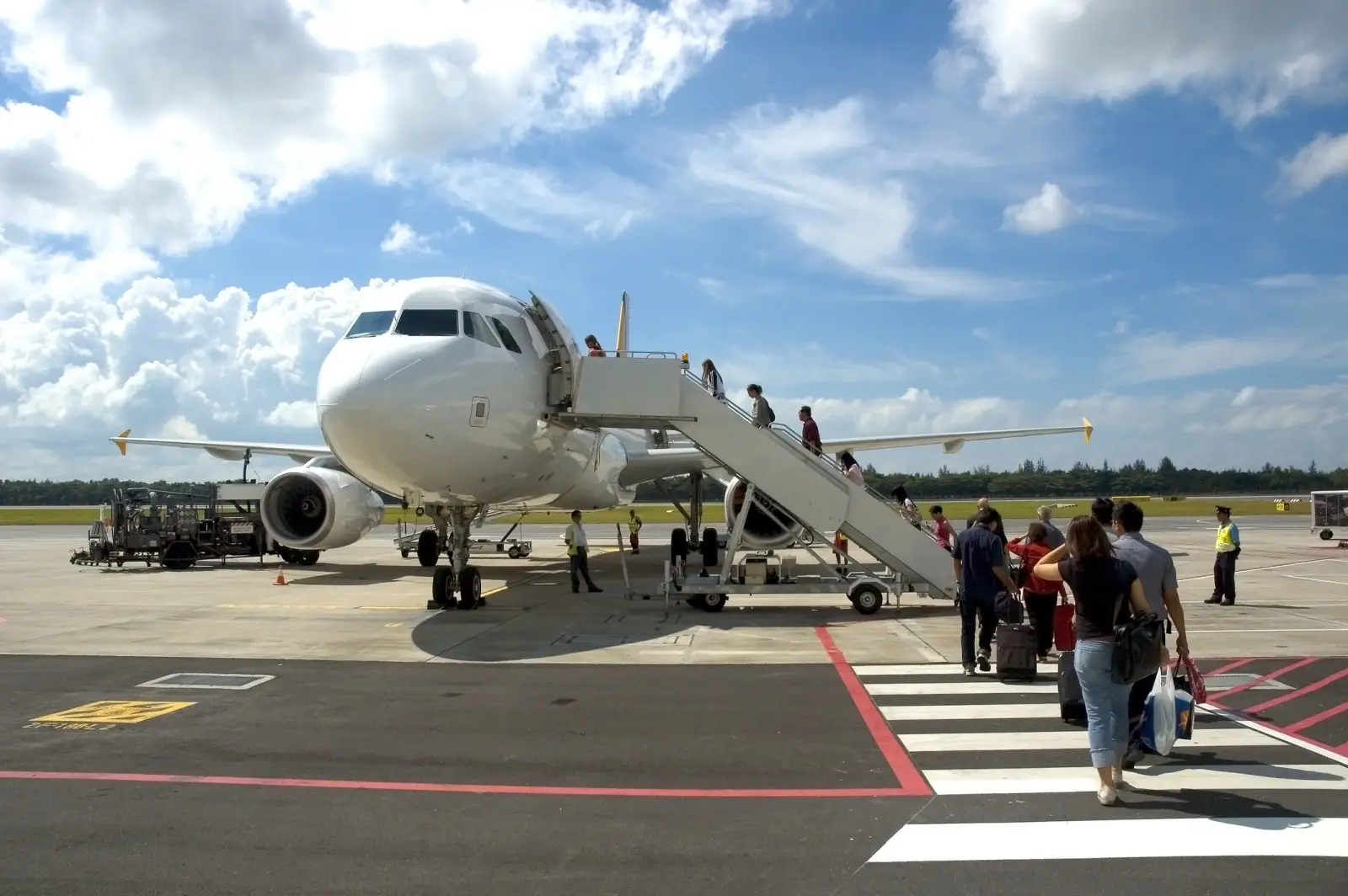The International Air Transport Association (IATA) has released encouraging data for travelers in Europe: despite widespread inflationary pressures, airfares in the region are increasing at a slower rate than the overall inflation.
This trend is part of the ongoing recovery of the air travel market post-COVID, with airfares in Europe recorded to be around 16% higher than pre-pandemic levels in June, compared to the EU’s average consumer prices index, which stood at a 20% increase.
This trend is a testament to the robust recovery of the European air travel market, which is now just 3.6% shy of its 2019 peak. The data highlights that Europeans are continuing to travel in significant numbers, undeterred by the broader economic challenges. According to Willie Walsh, IATA’s Director General, this is a significant achievement, particularly considering the volatility in jet fuel prices and the rising workforce salaries. The contrast is even more stark when juxtaposed with the increasing charges levied by infrastructure suppliers.
In recent developments, regulatory bodies have approved substantial increases in charges for key aviation services. The UK’s Civil Aviation Authority (CAA) approved a 56% increase in charges for London Heathrow, and a 26% increase for NATS, the UK’s air navigation service provider. Similarly, Amsterdam’s Schiphol airport, which has faced its own service challenges, has been granted a 37% hike in charges. These decisions underscore the growing cost pressures within the aviation infrastructure.
Despite these challenges, European regulators have played a pivotal role in fostering a competitive environment for airlines. Through light-touch consumer regulations and balanced slot regulations, they have facilitated a market that offers extensive consumer choice and flexibility. This is evident in the unbundling of travel packages, allowing consumers more options and control over their travel experiences.
However, there remains room for improvement. IATA emphasizes the need for stronger regulation of monopoly infrastructure providers and a reform of consumer protection regulation EU261. These reforms aim to create more consistent application of regulations and a fairer distribution of accountability across the aviation value chain.
Walsh also highlighted the burgeoning competitiveness of the European air transport market. The emergence of 20 new airlines in Europe last year is a significant indicator of a more dynamic and competitive market. This increase in competition not only benefits consumers with more routes and airlines to choose from but also boosts Europe’s standing as a competitive business destination.
The insights from IATA were shared at the Wings of Change Europe (WOCE) event, held in Amsterdam. This flagship industry event, sponsored by KLM, brings together aviation leaders, regulators, and experts to discuss the pressing issues facing air transport in Europe.













